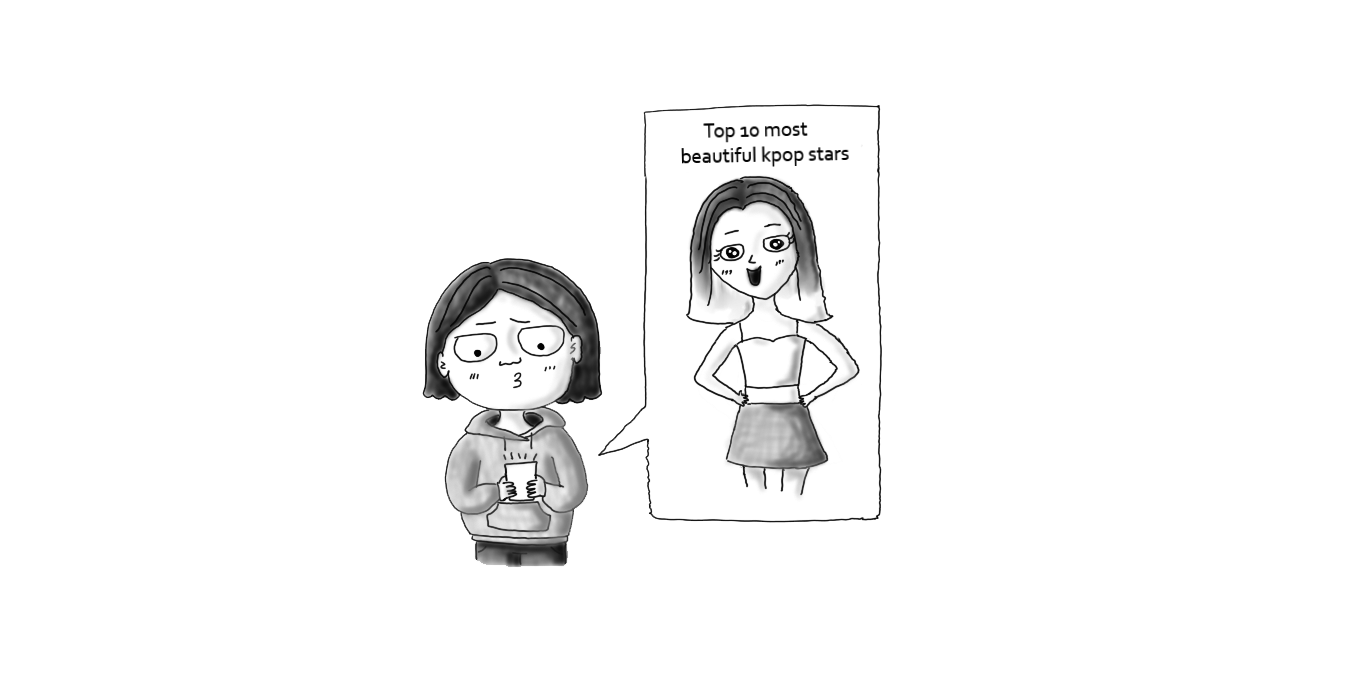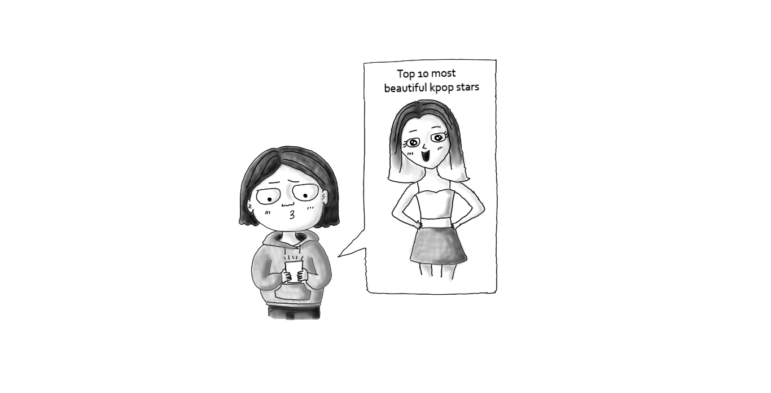
This past September, hundreds of fans piled outside of Oakland Arena, shouting the lyrics of “Love Yourself” in anticipation of the esteemed boy band about to appear onstage. This song wasn’t by Justin Bieber, and this boy band wasn’t One Direction. Instead, the Bangtan Boys, better known as BTS, emerged from the dark to capture global attention and dominate the American music scene.

Korean pop music, or KPOP, became prominent over recent years with its distinguished style, choreography and emphasis on idols’ characterization.
“They’re the first genre that tries really hard to have really good choreography as well as a good stage [presence],” said sophomore Celine Wen.
However, their exceptional performances do not come easily.
“[KPOP stars are] trained for, at most, 10 years, and if they’re really good, usually five years,” said sophomore Emily Fang. “I really appreciate their effort, and that’s why they’re really good at dancing and singing.”
In Korea and many other East Asian countries, it is custom to honor elders with reverence, and family relations are strongly valued in all aspects of life. Wen admires this aspect of Korean family culture.
“They respect elders very much,” Wen said. “They [use] different dictions when they’re talking to different people.”
KPOP has encouraged cultural appreciation and allowed people around the world to enjoy South Korea’s music, but has also promoted unrealistic beauty standards and fetishization. Junior Stacey Lee feels that Koreans have not been portrayed accurately in the media.
“A lot of people, especially with the rise of KPOP, are falling into this habit of stereotyping Koreans as really petite, pretty and light-skinned [with] big eyes or double eyelids,” Lee said.
Lee has experienced comparisons between herself and the “ideal Korean.”
“I don’t fit any of those standards and it’s weird because they’re like ‘oh, Koreans are so pretty, look at this KPOP member, he’s so pretty’, or ‘all Koreans are so pretty and pale skin,’ and it’s weird not fitting into that and hearing people talk about how much they like those beauty standards.”
Unrealistic ideals of beauty are evident in KPOP idols who are selected based on certain traits that are desirable in Korea.
“In America, as long as you can sing, you can become a singer,” Fang said. “In Korea, you need to be able to dance well, you need to be able to sing well, and they basically have no breaks, which is very different [from America].”
Although Americans are becoming more eager to embrace different cultures, their knowledge will never be complete until they look beyond the media’s portrayal. Freshman Olivia Jensen expressed concern about the popularization of these unrealistic beauty standards.
“I really don’t know much about it, I just know that it’s Korean pop music, and Asian people and non-Asian people like it,” Jensen said. “[One stereotype is] that Korean people may all be super skinny, and all have light skin, which I think is harmful to Korean people that have darker skin.”
Even those who do not know much about KPOP are aware of the damage unrealistic beauty standards can inflict.
This realization brings light to the potential of a future where people recognize the damages of fetishization and look beyond the surface of cultures to truly understand and appreciate them.



